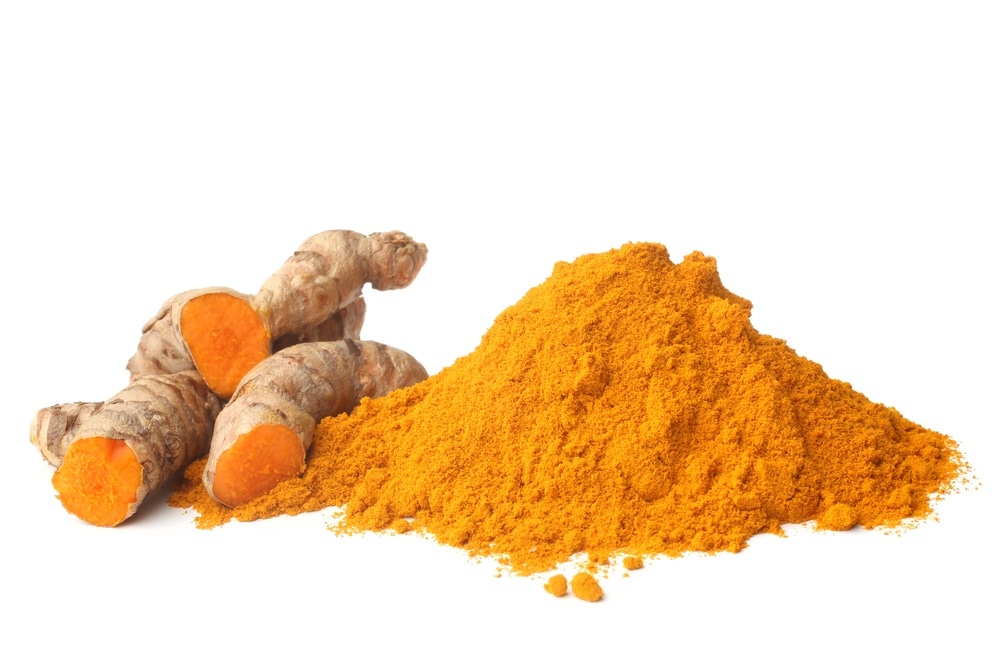
Scientists develop a way to deliver curcumin as an anti-cancer agent
Researchers from the university of Illinois College of Engineering have developed a way of delivering curcumin so that it can be effective as a therapeutic agent for cancer.
 © Olga Popova/Shutterstock.com
© Olga Popova/Shutterstock.comAlthough curcumin’s anti-cancer effect is already known to scientists, its full effect cannot be utilized due to its poor solubility in water, explains study author Dipanjan Pan. The substance is therefore often referred to as a “false lead” in pharmaceutical science.
"When you try to deliver a drug, it requires solubility in water, otherwise it won't flow through the bloodstream," adds co-author Santosh Misra.
Now, Pan, Misra and colleagues have worked with professor of chemistry Peter Stang (University of Utah) to find ways of making curcumin soluble and deliverable to cancer cells.
As reported in the Proceedings of the National Academy of Sciences, the team has developed a sophisticated metallocyclic complex using platinum to enable curcumin’s solubility.
Pan says the approach is based on the knowledge that a drug will bind to a certain host molecule, if the proper binding pocket is present: “We have shown here that a pumpkin-shaped macrocyclic molecule Cucurbituril by virtue of its glycoluril monomeric linkages, attracts curcumin, which gets bound and comes off once it gets delivered to the cell. That is the key to demonstrating the effectiveness of the therapy and in solving a long-standing problem with curcumin's insolubility."
Pan says the team were aware of platinum being a commonly used clinical anti-cancer agent and that the idea of the current study was to see if this property could be exploited in addition to curcumin:
Although Pan and colleagues have so far only tested the new delivery method for curcumin, the method is likely to prove effective at delivering other anti-cancer agents.
Pan also hopes to prove that the technique will be effective against cancer stem cells. He says it is becoming increasingly obvious that it is these stem cells that are responsible for the regrowth of cancers. Even after tumor cells have been destroyed, cells with “stemness” properties may still be present, enabling re-growth of the cancer and its spread to other areas of the body.
“However, if we can deliver therapy to cancer stem cells, we can prevent that from happening. As an ongoing research in our laboratory to find agents for stopping the growth of cancer stem cells, we will be looking into using these highly sophisticated self-assembled metallacycles for targeted therapies," says Pan.



































No hay comentarios:
Publicar un comentario